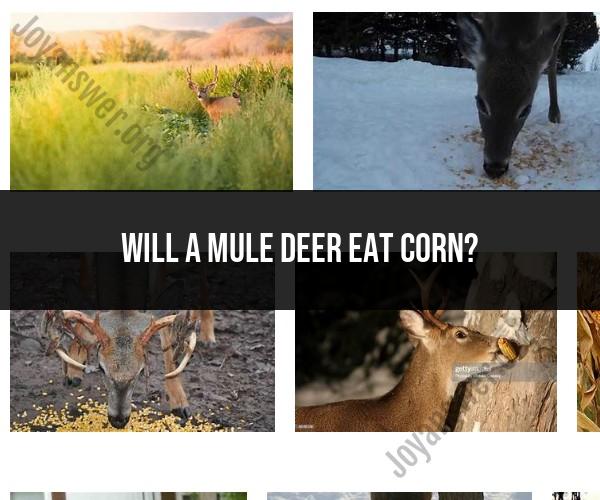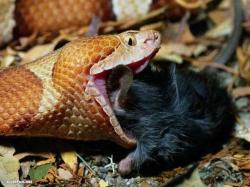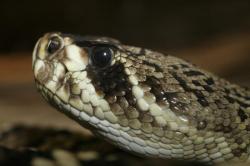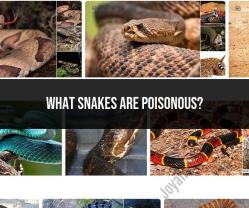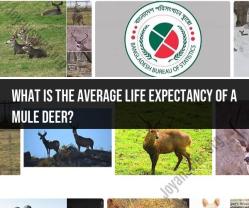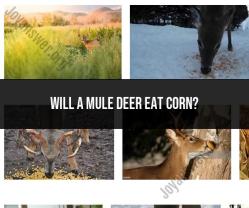Will a mule deer eat corn?
Yes, mule deer are known to eat corn, especially in regions where corn is a common agricultural crop and provides a readily available food source for them. Mule deer are opportunistic herbivores, and their diet can vary based on the season and local food availability. Corn is a high-energy food that can be an attractive food source for mule deer, particularly during the fall and winter months when other forage may become scarce.
However, it's important to note that while corn can be a part of a mule deer's diet, it should not be the sole source of their nutrition. A diverse diet that includes a variety of natural forage, such as grasses, shrubs, leaves, and other vegetation, is essential for their overall health. Wildlife agencies and conservation organizations often recommend managing corn and other supplemental feeding practices to ensure they do not negatively impact deer populations or their natural behaviors.
If you are considering providing corn or other supplemental food for mule deer or other wildlife, it's important to follow local regulations and guidelines, as well as guidance from wildlife management experts, to promote responsible and sustainable feeding practices.
Mule deer (Odocoileus hemionus) are herbivores, and their diet consists of a variety of plants, including grasses, forbs, shrubs, and trees. They also eat corn, but it should not be a major part of their diet.
Mule deer diets
Mule deer are ruminants, which means that they have a four-chambered stomach that allows them to digest plant material. Mule deer are also selective feeders, which means that they will choose to eat certain plants over others.
The specific plants that mule deer eat vary depending on the season and location. In the spring and summer, mule deer eat a variety of grasses and forbs. In the fall and winter, they eat more shrubs and trees.
Mule deer and corn
Corn is a high-energy food, but it is not a good source of nutrients for mule deer. Eating too much corn can lead to health problems such as rumen acidosis, which is a digestive disorder.
Mule deer will eat corn if it is available, but it should not be a major part of their diet. If you are feeding mule deer, it is important to provide them with a variety of other foods as well.
Wild encounters
Mule deer can be seen in a variety of habitats, including forests, grasslands, and deserts. They are most active at dawn and dusk.
If you are fortunate enough to encounter a mule deer in the wild, it is important to be respectful and observe them from a distance. Mule deer are wild animals and should not be approached.
Here are some tips for observing mule deer in the wild:
- Be quiet and move slowly.
- Use binoculars or a spotting scope to get a closer look.
- Do not approach the deer.
- Do not feed the deer.
- If the deer appear to be aware of you, back away slowly and quietly.
By following these tips, you can enjoy observing mule deer in the wild without disturbing them.
